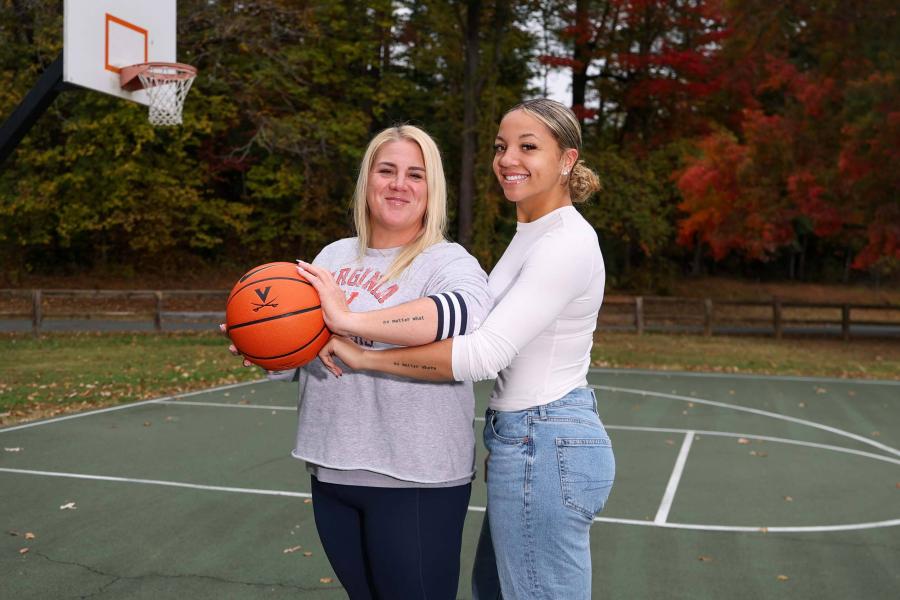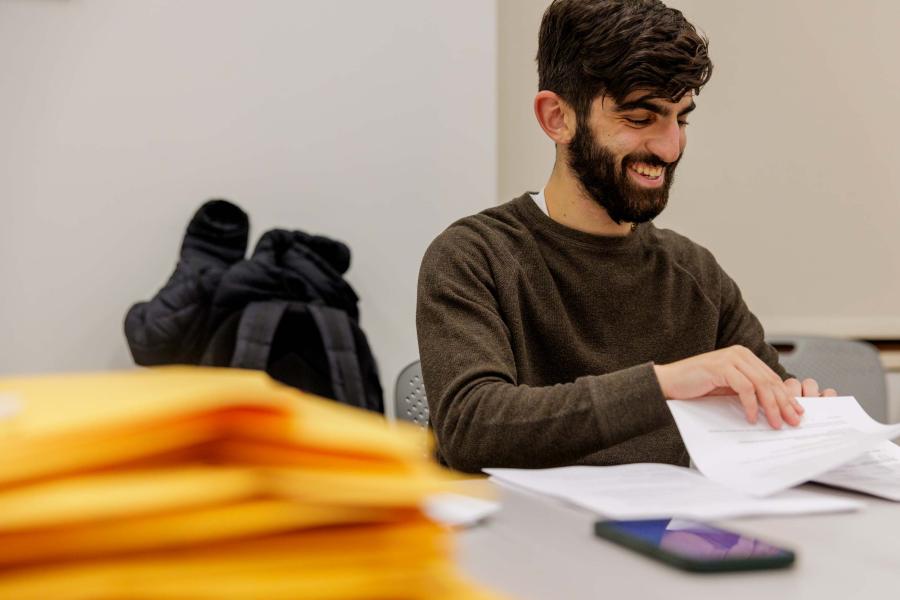As a gateway into the “real world,” college is a time when many students demonstrate financial responsibility for the first time.
But for students without expertise in finance, tasks like paying off student loans and applying for credit cards may feel impossible to juggle.
Enter Peer Financial Counseling.
Peer Financial Counseling is a branch of the University of Virginia’s Student Financial Services that offers students free advice about money.
“Peer Financial Counseling at UVA is designed to allow students, of any stripe, to meet with a peer or a near-peer to talk about matters related to personal finance,” said Chris Doran, communications manager at Student Financial Services and founder of the Peer Financial Counseling program.
Since its launch in February 2019, Peer Financial Counseling has hosted about 200 individual counseling sessions. Additionally, the initiative has reached over 400 more students through its financial wellness programs and presentations.
The Peer Financial Counseling team is made up of student volunteers, not financial advisers who might pick apart a student’s financial history. Volunteers must undergo an educational program designed to help them master the basics of personal finance.
Peer Financial Counseling does not just recruit student counselors majoring in economics or commerce. Counselors come from various majors, backgrounds and financial histories, allowing students to be paired with someone they relate to.
By scheduling in-person or online counseling sessions, students can ask about an array of topics related to personal finance, like creating budgets, opening a personal bank account, the basics of investing, and more.
Students are encouraged to select one or two specific topics to discuss in preparation for their session with a counselor. At the beginning of each session, students are asked about their financial values and priorities. Then, the counselors can help the student make a plan to meet their goals.
“It is not our job to determine what success is for a student,” Doran said. “The student is the hero of the interaction, and the counselors are just the guide.”





